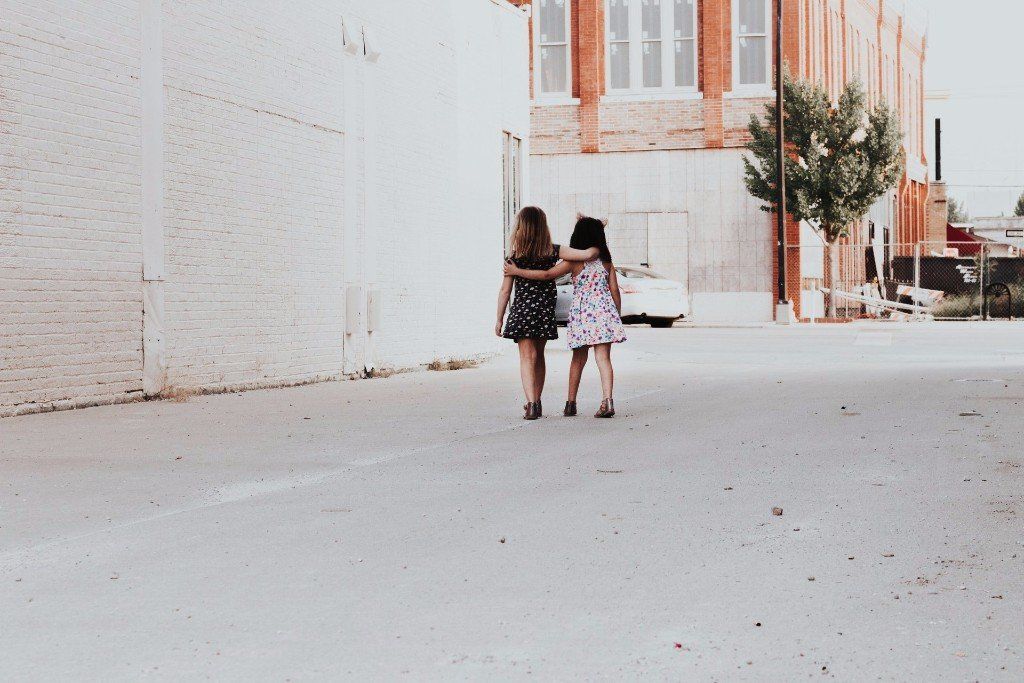Why Some People Get Burned Out and Others Don't: A Summary
- By Renee Balcom
- •
- 18 Sep, 2017
- •

If you have visited my website, Melllavalleylmft.com, you know that the concept and practice of mindfulness plays an important role in how I work with clients as well as in my own life. This article, “Why Some People Get Burned Out and Others Don’t”, blends the concepts of emotional intelligence and mindfulness beautifully. Here is a summary, enjoy.
Kandi Wiens and Annie McKee, the authors of this article, identify that stress and burnout are not the same, and that stress often leads to burnout. It is possible, they say, to manage stressors in a way that safeguards one’s self against this, and that the key is tapping in to your emotional intelligence.
In a study of chief medical officers at 35 large hospitals conducted by Wiens, it was determined that despite reporting extremely high levels of stress, the majority were not burned out. Interviews with the chief medical officers revealed that the commonality regarding managing stress was emotional intelligence.
Research has suggested that emotional intelligence “supports superior coping abilities” and aids people in managing chronic stress and preventing burnout. There are various components of emotional intelligence that promote this:
- Emotional self-awareness is the ability to understand the sources of negative emotions so that alternative responses can be considered.
- Self-management involves remaining calm, in control, and acting appropriately when experiencing stress.
- Conflict management skills promote problem solving rather than internalizing conflict.
- Empathy can aid in stress management through the seeking of understanding that often leads to increased care for others.
- Compassion can also combat the physiological effects of stress.
- Finally, increased
understanding of others’ perspectives helps us gain trust and improves our
ability to influence others. This translates to the ability to get the help
needed to manage stress before it results in burnout.
Wiens and McKee point out that people engage in all kinds of maladaptive ways of dealing with stress. They offer the following suggestions for leveraging one’s emotional intelligence in order to avoid burnout:
- Don’t create your own stress by dwelling on future events that might be stressful. Be mindful of your perfectionism or high need to achieve, which can make you more prone to being the source of your own stress.
- Be aware of your limitations, know your strengths and weaknesses so that you can be aware of what you may need help with. Ask for help when you need it.
- Breath deeply when tension or anxiety increase. Mindfulness practices address both immediate stressors and longer-term challenges, such as decreasing your heart rate in the face of stress and lowering your tension level. While calling attention to your breathing may be challenging at first, “attention is the ultimate act of self-control." For more about this see my post about the benefits of breathing.
- Consider another way to look at the situation. Viewing something as a problem to be solved versus perceiving it as a threat can have a profound effect on managing the stress attached to the situation.
- Deescalate
conflicts by taking the other person’s perspective. Conflicts can contribute
significantly to burnout, so managing them can be crucial. Asking questions,
listening, and giving your attention by focusing on someone can help gain their
trust and improve your ability to influence them.
Practicing and using emotional intelligence can prevent burnout. Be patient, forgiving, and kind with yourself while developing these skills and remember that it will take time and effort to improve.

I recently watched on You Tube a Britain's Got Talent audition. The male vocalist brought tears to the judges and I'm sure to most of the audience. It was very touching and tears were so fitting. As the judges were speaking to the contestant, they kept saying, "I'm sorry" as they wiped away their tears. And the contestant did as well.
It reminded me of just how often we feel a need to apologize for crying - for outwardly, honestly and trustingly sharing our sadness, grief, etc. So why is this?
Most of us, from a very young age, are given explicit or implicit messages such as: Be strong; boys (especially) don't cry; crying makes others uncomfortable; I will loose control if I cry; I can't be vulnerable. All these distorted beliefs lead to the final: I won't allow myself to go there.
I know people who allow the tears to flow and I can say that I am genuinely comfortable with just allowing whatever comes up to be. (Good thing considering what I do for a living). I admire and respect them beyond words. So, here is my confession: I am not so free in letting MY tears fall. I have allowed myself to believe in some of the falsehoods about letting our sadness, or being touched by something, to be expressed. Yes, I do tear up watching movies, hearing and sharing my clients’ pain. I even tear up, rather frequently, seeing beautiful things unfold in nature. Not Kleenex worthy though.
When it comes to the sobbing type of crying, I won't go there, even when that which I am processing would be acknowledged and honored in so doing. For me, it goes back to the big "T"....Trust...Trust that I will not forever be feeling bereft, broken, and helpless and essentially, a total mess with no ability to reclaim balance, and at least, a measure of peace.
I know where this false belief comes from. That is an intellectual insight and good to know. Also what is intellectually helpful is that I have been that total "mess" many times in my life and then all became well. But intellect is not enough. It goes back to those same themes:
~Self acceptance
~Self compassion
~Self forgiveness
~Self love
What would it feel like to embody and embrace these concepts even 50% of the time? Can you imagine the freedom we would experience in our lives? We could laugh, cry, express (safely), be still, and be in the moment, give, receive, giggle, cuddle, smile, frown and, well just BE.
What a concept, a wonderful, beautiful concept.

I say “recovering” because it has definitely been an ongoing journey. And I can say definitively my recovery is going very well.
So, what is it that I am “recovering” from? The need to be in control of everything, even obviously insignificant things. Makes me sound crazy and believe me, it was/is crazy-making! Not only did I annoy those around me, I was annoyed at myself. At times I came across as bossy, irritable, ungrateful and unnecessarily opinionated (or all of the above concurrently). What I experienced consistently was internal unrest and agitation, emotionally, mentally and even physically.
Over the years of studying about attachment challenges, neuroscience and the Enneagram, I have learned about what drives this need to be in control. The answer is simple: Fear...Fear of the unknown; of not being good enough; of not being able to “fix” it; of feeling difficult emotions; of loss of any kind. And for me, the most powerful contributor to my fear was non acceptance of what is.
Working with my close friend and co-founder of Warrior’s Soul Inc., Dawn Batti (and of course the wise equines), I began to learn about SELF acceptance. This was such a foreign concept to me. As I began to actually internalize and live this concept, my drive to be in control began to wane.
What does self-acceptance have to with not needing to be control? Here, the answer is not so simple. But this is what I have come up with that works for me: When I can accept me, ALL of me, I can move that acceptance into what is going on around me. That translates into not needing to change, for example, what others are doing and how they are doing it or trying to change how they are thinking and realizing there are other ways to get things done other than my way. ALLOWING is the key.
Trust of course plays a huge role in relinquishing fear and the need for the temporary fix of “control”. I am thankful to be in my mid 60’s because age invites one to be mindful and contemplative. And what I have chosen to invite into my life is the concept of TRUST. Trust of myself, of others and of Spirit.
I will be writing more about this notion of trust. It’s a complex issue on many levels for all of us humans. And it is a theme that keeps showing up in my life.







